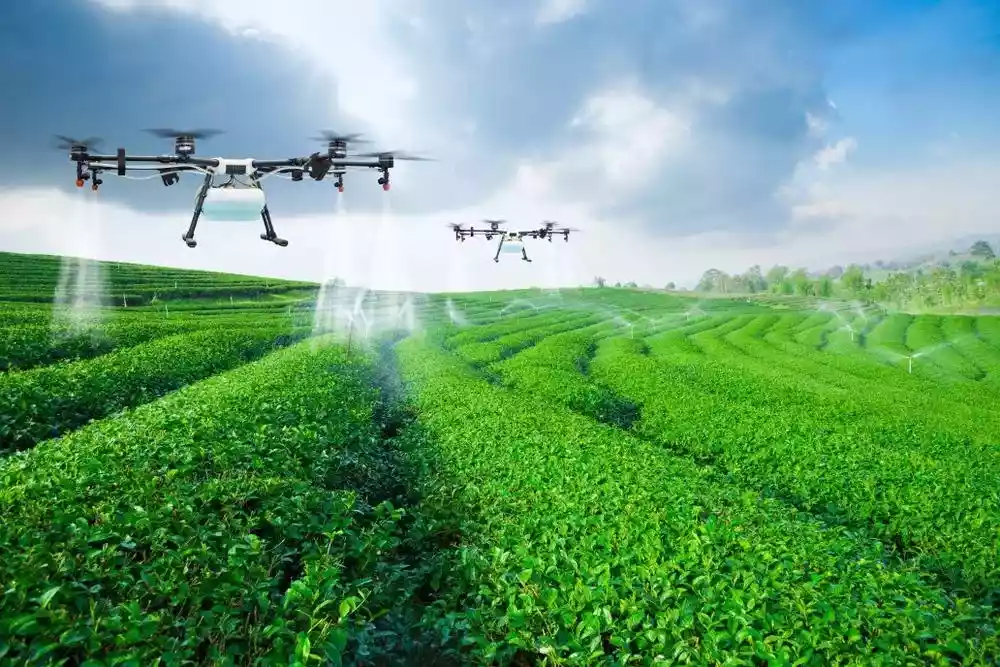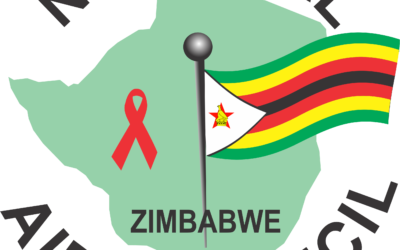
ZIMBABWE has embarked on an ambitious project to incorporate drone technology and artificial intelligence into agricultural practices.
The innovative initiative, led by the Lands, Agriculture, Fisheries, Water and Rural Development ministry, targets at boosting efficiency, productivity and competitiveness in the sector.
A group of 20 engineers recently completed a rigorous drone technology training programme, earning licences to operate drones and unmanned aerial vehicles from the Civil Aviation Authority of Zimbabwe.
This milestone marks a giant leap towards modernising the country's agricultural practices and positioning Zimbabwe as a leader in precision agriculture, authorities said.
According to the chief director in the ministry, Samuel Edwin Zimhunga, the introduction of drone technology is a critical component of government's agricultural transformation agenda. "Drones will play a vital role in increasing production and productivity by enabling precision agriculture, feed surveillance, field mapping and chemigation," he said. "This technology has the potential to replace traditional methods, reducing the time and resources required for tasks such as field spraying and seed broadcasting."
There are numerous notable benefits of drone technology in agriculture, he said.
"For example, drones can facilitate precision agriculture by mapping fields, monitoring crop health and applying chemicals with pinpoint accuracy.
"This approach not only promotes efficiency but also reduces waste and minimises the environmental impact of farming practices.
- Mavhunga puts DeMbare into Chibuku quarterfinals
- Bulls to charge into Zimbabwe gold stocks
- Ndiraya concerned as goals dry up
- Letters: How solar power is transforming African farms
Keep Reading
"Farmers in Zimbabwe have already expressed enthusiasm for the new technology."
John Moyo, a farmer from Hurungwe, said he was excited about drone technology.
"As a farmer in Hurungwe, I've always struggled with crop monitoring and applying chemicals to my fields. With drones, I can now do these tasks more efficiently and accurately. I'm looking forward to seeing the impact it will have on my yields and profits."
Another farmer, Tambudzai Chibanda, from Mwenezi, said drones would help farmers to reduce costs and increase efficiency by make data-driven decisions about their crops.
"As a farmer in Mwenezi, I face unique challenges such as limited access to water and fertile land. Drones can help me to reduce losses and improve my overall farming operations," she said
Another farmer from Mwenezi, Nhamoinesu Chihwara, appealed to authorities to provide subsidies or financing options to make the technology more accessible for small-scale farmers.
Authorities say the introduction of drone technology in agriculture is expected to have a major boost on Zimbabwe's agricultural sector, improving efficiency, productivity and competitiveness.










